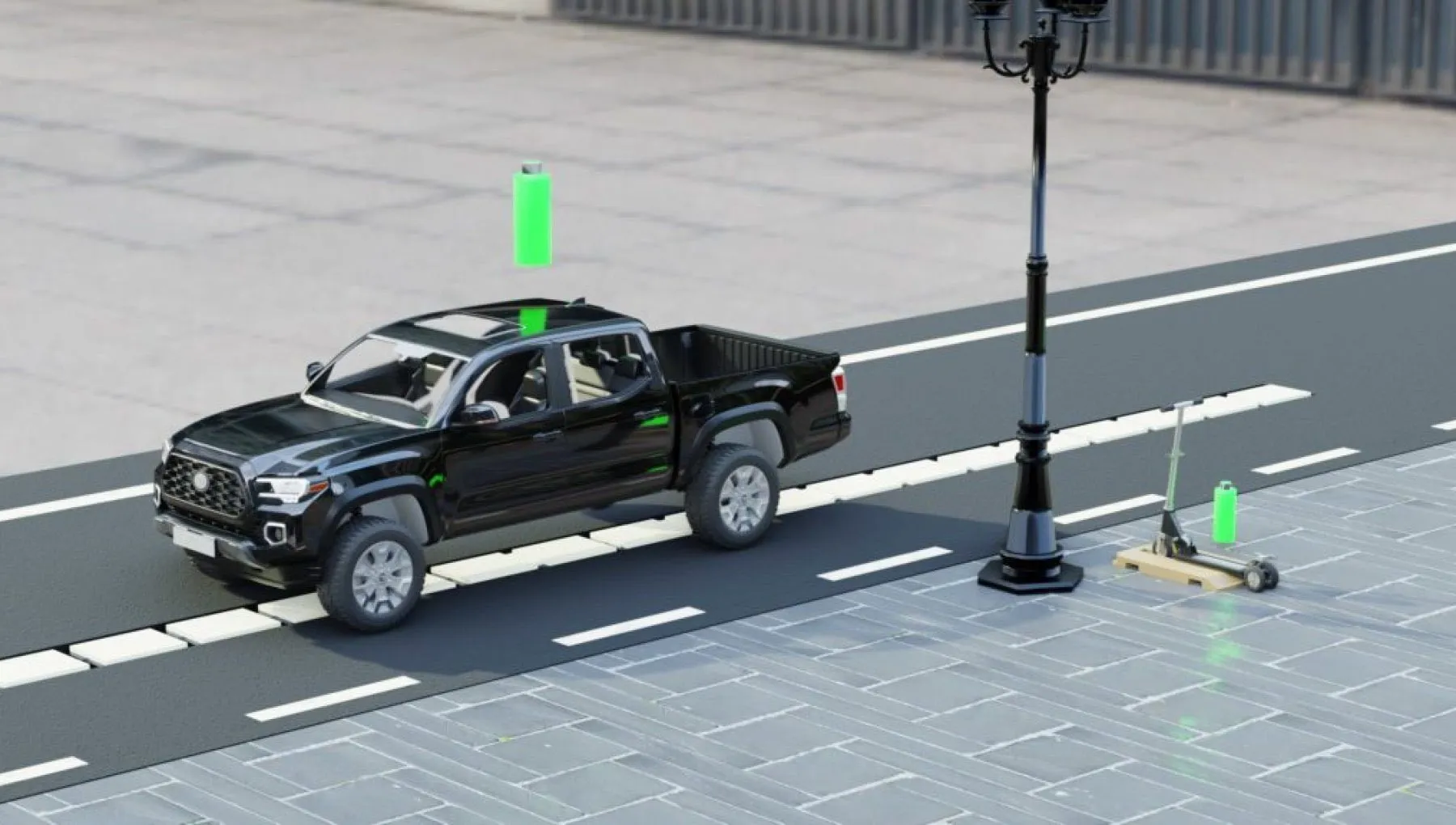According to ABI Research, the number of full electric vehicles (EV) shipping yearly will increase from 150,000 in 2013 to 2.36 million in 2020, representing a CAGR of 48 per cent. Asia-Pacific will exhibit the strongest growth, driven by mounting pollution issues in its many megacities; however, true mass-market uptake will only start happening in the next decade.
October 11, 2013
Read time: 2 mins
According to 5725 ABI Research, the number of full electric vehicles (EV) shipping yearly will increase from 150,000 in 2013 to 2.36 million in 2020, representing a CAGR of 48 per cent. Asia-Pacific will exhibit the strongest growth, driven by mounting pollution issues in its many megacities; however, true mass-market uptake will only start happening in the next decade.
"Overall, EV sales have been disappointing so far due to a lack of choice and perceived personal benefits, high purchase prices, and most importantly, consumer anxiety about range, maximum speed, recharging times, and the lack of public charging infrastructure. However, with many car OEMs recently dropping prices and offering more choice and improved performance, full electric vehicles are on the verge of leaving their eco niche of environmentally aware and socially responsible buyers, illustrated by car OEMs such as1731 BMW, 2069 Daimler, and 994 Volkswagen investing heavily in electrification. Importantly, a range of emerging automotive technologies such as carbon-fibre materials, wireless in-car networking technologies, active safety including pedestrian detection and autonomous driving, connectivity, car sharing, and smart grid demand response features will support the electric automotive revolution as all new paradigms are mutually reinforcing each other," comments VP and practice director, Dominique Bonte.
However, the role of governments in supporting the case of EVs through tax rebates and subsidies, stimulating the roll out of public charging infrastructure, exempting EVs from toll in congestion zones, allowing EVs on High Occupancy lanes, providing free parking, and mandating very aggressive emission standards will remain critical during the remainder of this decade.
Ultimately the connected, autonomous EV will form an intrinsic part of the IoT (internet of things), with vehicles relying on and contributing to the emergence of intelligent road infrastructure including wireless charging, smart grids, digital homes and remote healthcare while realising the promise of safe, convenient, efficient, affordable and sustainable transportation.
"Overall, EV sales have been disappointing so far due to a lack of choice and perceived personal benefits, high purchase prices, and most importantly, consumer anxiety about range, maximum speed, recharging times, and the lack of public charging infrastructure. However, with many car OEMs recently dropping prices and offering more choice and improved performance, full electric vehicles are on the verge of leaving their eco niche of environmentally aware and socially responsible buyers, illustrated by car OEMs such as
However, the role of governments in supporting the case of EVs through tax rebates and subsidies, stimulating the roll out of public charging infrastructure, exempting EVs from toll in congestion zones, allowing EVs on High Occupancy lanes, providing free parking, and mandating very aggressive emission standards will remain critical during the remainder of this decade.
Ultimately the connected, autonomous EV will form an intrinsic part of the IoT (internet of things), with vehicles relying on and contributing to the emergence of intelligent road infrastructure including wireless charging, smart grids, digital homes and remote healthcare while realising the promise of safe, convenient, efficient, affordable and sustainable transportation.








